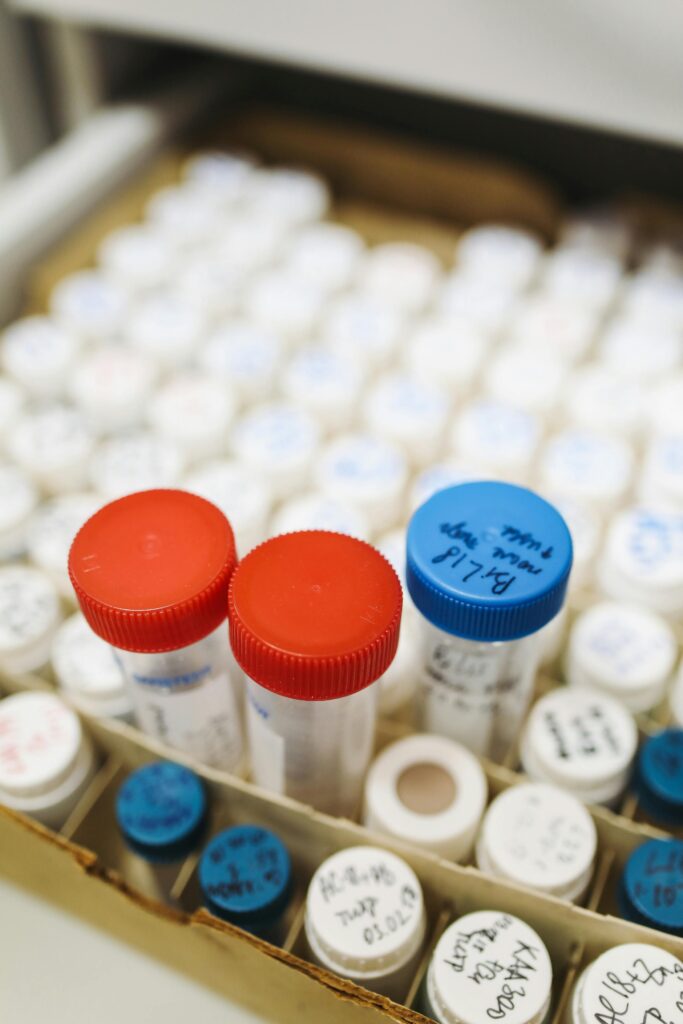In a startling turn of events, 23andMe, once the darling of the DNA testing industry, now finds itself embroiled in a desperate fight for survival. The company, which rose to prominence a decade ago by offering consumers unprecedented insights into their genetic makeup, is now grappling with a perfect storm of challenges that threatens to derail its entire operation.

The company’s tumble from grace began in 2021, when its stock price, which had once soared to dizzying heights, began a precipitous decline. What was once a $6 billion enterprise is now valued at a mere fraction of that, with shares trading perilously close to the Nasdaq’s delisting.
The roots of 23andMe’s downfall can be traced back to a combination of operational missteps and a shifting market landscape. Firstly, the company struggled to maintain a sustainable business model, as its customers typically only purchased its services once, with little incentive to return for additional testing. This, coupled with the company’s failure to capitalize on its vast trove of genetic data through lucrative pharmaceutical partnerships, has severely impacted its bottom line.
Adding to the company’s woes was a high-profile data breach in 2023 that exposed the sensitive information of nearly 7 million customers. This incident not only damaged consumer trust but also sparked a costly class-action lawsuit that resulted in a $30 million settlement, further straining the company’s resources.
The leadership turmoil that has unfolded in recent months has only exacerbated 23andMe’s troubles. In a stunning move, all seven independent members of the company’s board of directors resigned in September 2024, leaving CEO Anne Wojcicki as the sole remaining board member. This unprecedented exodus has raised serious questions about the company’s strategic direction and long-term viability, with Wojcicki’s push to take the company private further adding to the uncertainty.
Experts have expressed grave concerns about the implications of 23andMe’s potential downfall, particularly when it comes to the fate of the millions of customers’ genetic data the company holds. Carissa Veliz, author of “Privacy is Power,” warned that “if 23andMe goes under, that data could end up in the wrong hands, with devastating consequences”.
Senator Bill Cassidy echoed these sentiments, cautioning that the exposure of such sensitive information could lead to the targeting of vulnerable populations. “Genetic data is unlike any other personal information,” he said. “Once it’s compromised, the damage can be irreversible”.
While 23andMe has scrambled to reassure customers by obtaining various data security certifications and implementing enhanced measures, such as mandatory two-factor authentication, the company’s long-term viability remains uncertain. With the prospect of a sale or closure looming, the fate of 23andMe’s trove of genetic data has become a pressing concern for both customers and policymakers alike.
As the company fights to stay afloat, the broader implications of its struggles have sparked a renewed call for stricter regulations surrounding the handling and protection of sensitive genetic information. The fate of 23andMe may well serve as a cautionary tale, underscoring the critical need for robust safeguards to ensure the privacy and security of individuals’ most personal data.
















